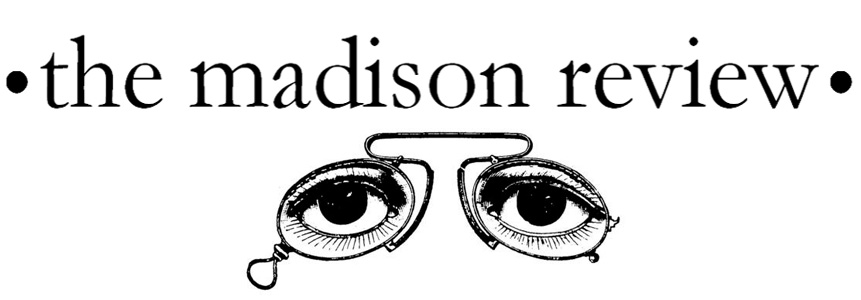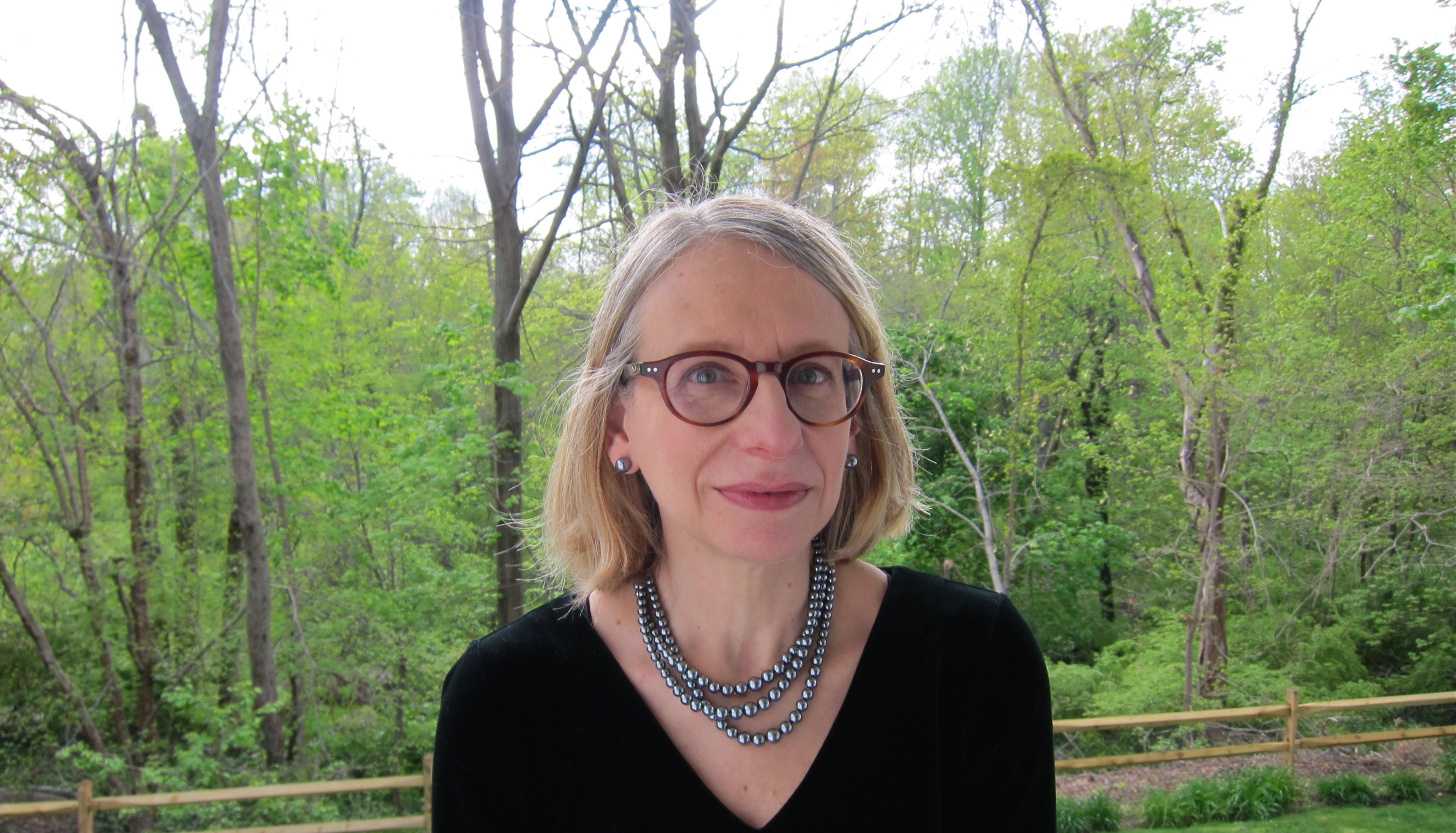For over forty-five years, the Katonah Poetry Series (KPS) has hosted nationally and internationally acclaimed poets in the welcoming and intimate setting of the Katonah Village Library in Northern Westchester County. Each reading is followed by an interactive Q&A session, as well as a reception and book signing. The distinguished poets who have appeared over the years include six poets laureate of the United States, six poets laureate of New York State and sixteen winners of the Pulitzer Prize in poetry. Billy Collins, U.S. poet laureate from 2001-2003, directed the series for seventeen years and continues to serve on the poetry advisory board. The series draws an audience, not only from Northern Westchester, but also the greater Tri-State region. The series provides a valuable service to the community—hearing live poetry is an important experience that differs from reading a poem on the page. KPS believes it is important to broaden the audience for poetry, and reaches out to regional high schools and colleges. The series is pleased to take part in creating a vibrant and intellectual literary community of readers, writers, and educators.
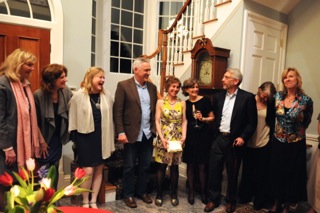
How many years and poets does it take to make an incredible reading series? In the case of the Katonah Poetry Series (KPS), forty-seven years, six U.S. poets laureate, sixteen Pulitzer Prize winners, and a host of renowned poets. This lively poetic scene would not be possible without vital support from grantors like Poets & Writers, a dedicated group of poetry lovers of all ages, and the wonderful venue of the Katonah Village Library.
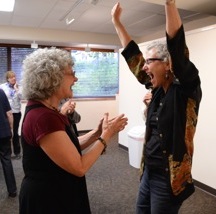
The series began in 1967 with Robert Phillips showing up at the library with a gallon of wine, some cheese, and a poet in tow. When Bob left to join the faculty at the University of Texas, he handed the baton to Billy Collins. A few years later, prompted by the small turnout at a Samuel Menashe reading, I offered, as good friends tend to do, to help Billy with the series. I didn’t realize that I would inherit most of the organizational duties due to his 2001 inauguration as U.S. poet laureate! After my stead as Co-director, Director, and now as Poetry Advisor, I continue to be nourished by my involvement in the series and fondly refer to it as my personal MFA program. As Billy Collins aptly said, “If you sat on the steps of the Katonah Village Library for the past twenty-three years [and now forty-seven!] without moving, nearly every notable American poet would walk by you."
The intimate, informal atmosphere of our readings, and the book signing reception that follows, encourages everyone to interact with each other and the featured poet. Visiting poets often comment on the vibrancy and enthusiasm of our audience. Not only have we built an audience, but along with them, a thriving community of readers and writers.
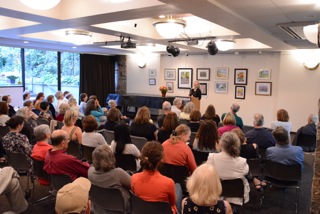
Some highlights:
• Stephen Dunn’s reading two weeks after September 11, 2001, which audience members said helped them cope with the tragedy
• The Ilya Kaminsky reading in 2003 moved people to tears
• Many moments of laughter provoked by Billy Collins, Kay Ryan, Ellen Bass, and other poets
• A young mother with leukemia who credited the series with upgrading her quality of life as she underwent treatment
• Dylan Thomas’s "A Child’s Christmas in Wales" recited by James Navé every December, a community ritual drawing families and folks of all ages
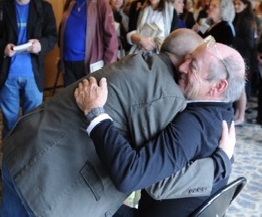
Given the current strength of KPS, it is hard to believe that in the 2009-2010 season, the series came close to losing solvency. Help came in the unlikely guise of a September 2010 article in the New York Times, “Even Poetry is Undergoing Setbacks.” Surprisingly, unsolicited checks arrived from as far away as California! With those funds and the creation of a new Executive Committee, the series was revived. KPS now offers four annual readings, as well as some additional community events and workshops. The Katonah Poetry Series also has a new media presence to take it into the twenty-first century, including a website (featuring unique poet interviews), a Facebook page, a Twitter account, and coming soon—Instagram! Our recent Billy Collins reading attracted nearly three hundred people, and we are confident that we will be celebrating our fiftieth anniversary in 2017. Does that make us one of the oldest— and newest— reading series in the United States? Please “friend us” and we’ll look forward to welcoming you to the KPS family.
Photo: (top) Committee members from left: Van Kozelka, Director of Katonah Village Library; Leisha Douglas, Ph.D., KPS Poet Advisor; Julie Nord, KPS Publicity; Andy Kuhn, KPS VP; Moira Thielking, KPS President; Marlene Gallagher, KPS; Stephen Peeples, KPS Treasurer; Jessica Bennett, KPS; Barb Chintz, KPS.
Photo: (2nd from top) Ellen Bass reading from her new collection, Like a Beggar (Copper Canyon Press, 2014).
Photo: (3rd from top) Billy Collins Reading.
Photo: (bottom) Billy Collins connecting with fans. Photo Credit: Leslye Smith, Studio Smith Photography.
Support for Readings & Workshops in New York is provided, in part, by public funds from the New York State Council on the Arts, with additional support from the Friends of Poets & Writers.









